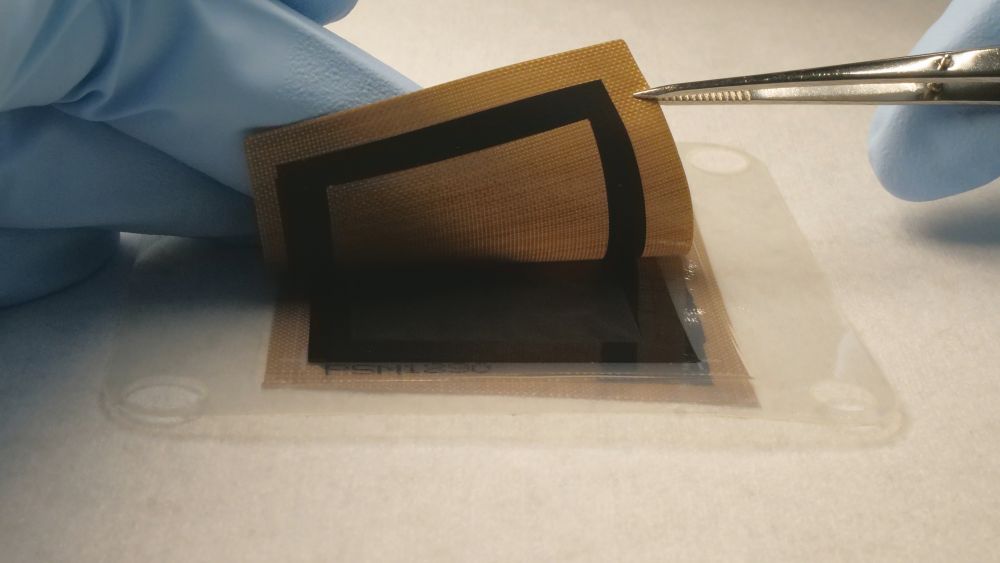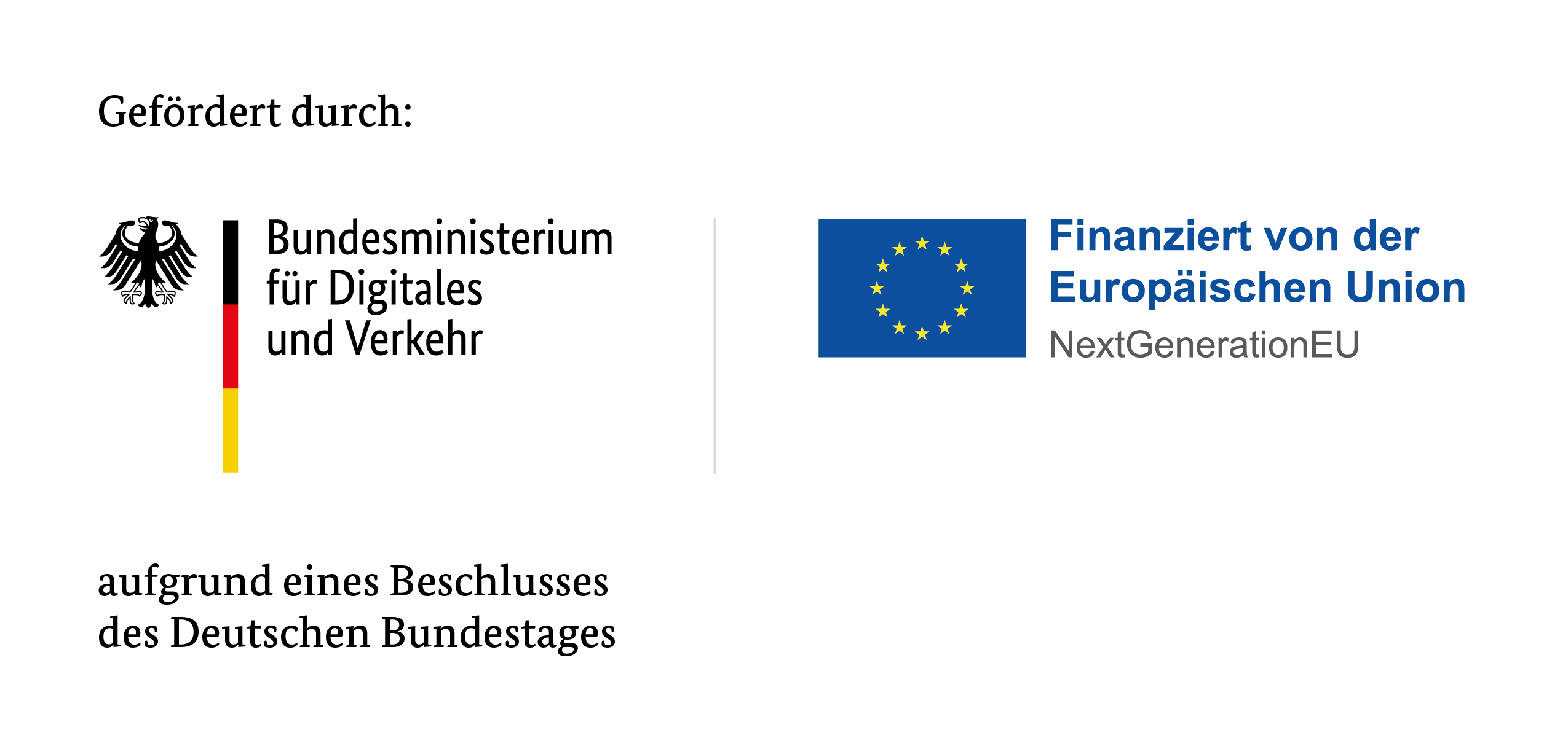| Duration: | 01/2024 - 12/2027 |
| Contracting Authority/ Sponsors: | Federal Ministry for Digital and Transport (BMDV) |
| Project Partners: |
|
| Project Focus: |
GIRAFFE – PFAS-Free Electrolytes for PEM Fuel Cells

Currently, low-temperature PEM fuel cells, such as those used in mobility, require membranes that typically contain PFSA, a type of PFAS. The project “GIRAFFE” (Generic Investigation Regarding Alternative Fluorine-Free Electrolytes for Fuel Cells) will examine commercially available PFAS-free and low-PFAS materials, with a focus on hydrocarbon polymers. These materials are environmentally benign and could offer advantages in cost and functional merits. The aim is to evaluate the technology readiness level of these materials.
The core element of the fuel cell technologies is the catalyst coated membrane (CCM): a polymer electrolyte membrane (PEM) with catalyst layers on both sides. The polymer material and ionomer in the layers contain typically PFSA (perfluorinated sulfonic acids), a type of PFAS compound.
For reasons of sustainability, and following the EU's discussions regarding a ban on PFAS materials, it is crucial to identify and develop alternative materials for fuel cells. To initiate this process Fraunhofer ISE, in collaboration with Hahn-Schickard, Kempten University of Applied Sciences, and Ionysis, test and assess the suitability of globally available alternative materials for use in mobile fuel cells. This will validate the current state of the art and identify promising materials for further research and development.
Project goals:
- research and sourcing of available hydrocarbon ionomers and membranes for fuel cells
- development of lab-scale manufacturing methods for CCMs and Membrane Electrode Assemblies (MEA)
- characterisation of hydrocarbon-based CCMs and MEAs in fuel cells will be compared with PFSA-based reference materials
- ex-situ analysis of the microstructures to gain insight into the materials and identify potential for improvement in material and production processes
- development of models to predict performance and aging behavior, to assist in the optimization of operating strategies and component properties
Research questions:
- Which hydrocarbon-based materials are suitable to replace the currently established PFAS materials in the fuel cell CCM with similar performance and aging characteristics?
- How can the new materials be validated experimentally?
- How do production processes have to be changed to process hydrocarbon CCMs?
In the GIRAFFE project, Fraunhofer ISE focuses on implementing the relevant production technologies for alternative fluorine-free materials and components on a laboratory scale. Extensive analyses (in-situ and ex-situ) elucidate the interaction between component composition, material structures and operational behavior. Another work package is focused on the scaling-up process from the laboratory scale to industrial roll-to-roll (R2R) processes. MEAs are tested in short stacks to validate the upscaling process, helping to improve the technology readiness of the materials. Modelling provides insight into the relationship between component properties and operating behaviour, enabling the future improvement of promising materials and processes and furthering research and development efforts.
The GIRAFFE project is being funded by the Federal Ministry for Digital and Transport Affairs (BMDV) with a total of €4,009,086.30 as part of the "National Innovation Program Hydrogen and Fuel Cell Technology" guideline. Funding for this measure is also provided as part of the German Recovery and Resilience Plan (DARP) via the European Recovery and Resilience Facilities (ARF) in the NextGenerationEU program. The funding guideline is coordinated by NOW GmbH and implemented by Project Management Jülich (PtJ).
